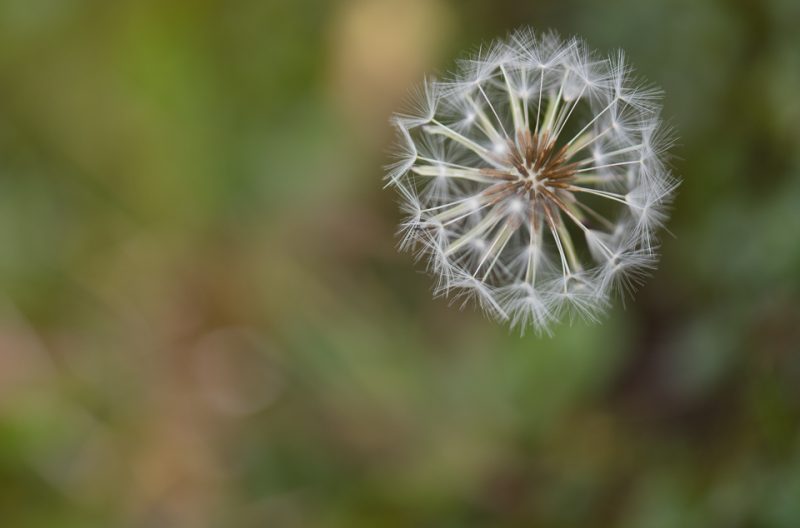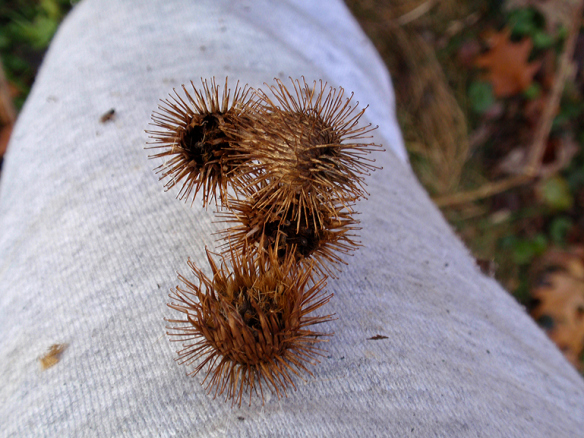How To Prevent Weeds In Your Garden
 Weeds pertain to the grasses or plants that grow where they are not wanted and needed. Often, they are considered harmful and are unattractive to look at. Because actual weed control and management are more expensive and more difficult to perform, prevention is the most effective method of dealing with weeds.
Weeds pertain to the grasses or plants that grow where they are not wanted and needed. Often, they are considered harmful and are unattractive to look at. Because actual weed control and management are more expensive and more difficult to perform, prevention is the most effective method of dealing with weeds.
But before you can do preventive measures, it is also best that you know how weeds spread and grow in order to prevent them from entering or invading your property.
There are various possible ways that weeds are spread:
 Airborne Seeds
Airborne Seeds
Airborne weed seeds find their way to your garden through wind. The most common types are thistle, flatweed, and dandelion.
Creeper and Runner Seeds
These weeds find their way to your property by creeping and climbing into garden beds. The most common types are couch grass, pigweed, wandering jew, and kikuyu.
Hitchhiker Seeds

Some seeds are easily transported by insects and animals. These weeds usually have spiky or hairy seeds that can quickly adhere to the fur of animals. The most common types are burr medic, bindies, blackberry, and bidgee-widgee.
Weed Prevention Methods
- Check if the existing plants in your garden are free from weeds.
- Remove plants that will potentially become weeds.
- Avoid planting plants that will likely become weeds.
- Dispose of garden waste properly and carefully.
Weed Control Methods
- Mulching
Mulch helps prevent and control weeds while retaining the moisture and temperature of the soil. If the weeds are already thick and mature, it is best to cut them off or mow them first before you apply mulch.
Lay sheets of newspaper or weed mats on dampened soil and top it off with mulch. Most weed seeds will rot and some may survive but would unlikely be able to force their way through the mulch. Ensure the mulch is thick enough to block the sunlight and prevent the weed from pushing its way up.
- Chemical Weed Control
When the weed problem is too difficult to handle, the use of a chemical spray is necessary. Commercially made herbicides are toxic and should be handled with care. If you want to use safer, more environmentally friendly solutions, you may create homemade herbicides. The most frequently used homemade weed killers are salt, vinegar, and soap.
- Weeding
Remove weeds the moment you see them. Regularly pulling out weeds will prevent them from further germinating and spreading. This will also eliminate the need for more thorough and more expensive control methods.
For more garden and landscaping tips, tune in for more Jim’s Mowing NZ blogs.


